Teachers Adopt Racially-Diverse Curricula to Support Anti-Racism
All departments are working on their own equity and social justice based goals to audit their curricula. This is reflected in social studies classrooms through lessons and activities on Black contributions to philosophy, major world events and American culture, according to social studies department chair Jon Resendez.
September 28, 2020
Since the IUSD Board of Education adopted Resolution No. 19-20-48 on June 23 to support the Black Lives Matter movement and racial justice in the classroom, teachers have taken steps to address the marginalization of the Black community and people of color in their curricula.
In light of the death of George Floyd and the surge of Black Lives Matter protests over summer, activists including IUSD students and teachers, spoke out against the institutionalized flawed representation of Black culture and history in the education system.
“We have a history of having a racist curriculum of sorts,” Resendez said. “We’ve used other terms in the past, like Eurocentric, where we’ve focused on the history and cultural contributions of cultures that are considered white, and we do so at the expense of Black culture. And so we need to make changes in general that inform our students about Black history: the Black struggle for civil rights that didn’t end at Martin Luther King, that didn’t end at the Civil War. We’re not a post racial society.”
And so we need to make changes in general that inform our students about Black history: the Black struggle for civil rights that didn’t end at Martin Luther King, that didn’t end at the Civil War. We’re not a post racial society.
— Jon Resendez
The proposed changes apply to all courses across IUSD and aim to tackle underrepresentation to accurately fit the new standards for these courses.
“English is humanities. As in, we are talking about what makes a human being, what does it mean to be a human being, what does it mean to be a human being among a community of other human beings,” literary and language arts acting department chair Doris Schlothan said. “How could you talk about that without discussing what is right and what is wrong with what is happening in reality with the idea of dehumanization?”
The literary and language arts department plans to implement changes into the curriculum by incorporating short stories and other smaller texts from diverse, underrepresented authors and by assigning texts with socially oppressed characters. Though this may look different depending on the course, the department’s main focus is to provide students with the opportunity to understand different, unique perspectives, according to Schlothan.
“Our department had a discussion about the events over the summer. We set a series of goals, one of the most important of which was to have our students be able to recognize systemic injustice and to understand their place in it,” Resendez said. “For seniors, we’re going to start working on activities where students see where in the political development of the country that certain racist systems were put in place that have created injustice.”
Changes will be implemented in the curricula and learning targets for humanities courses throughout the school year and will become standard moving forward as permanent additions to these classes.
“We often say history is written by the winners. We don’t want to tell the history of just the winners anymore. We have to honor all the stories that are out there,” Resendez said. “I want everybody to learn together about how we create a more just society, how we get more privilege for more people. And it’s going to take everybody, and so we’re in it together.”



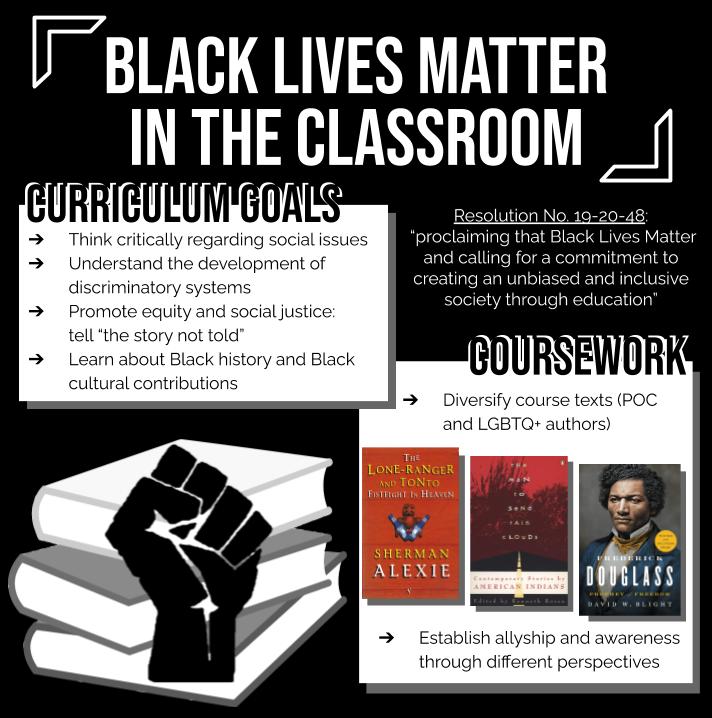
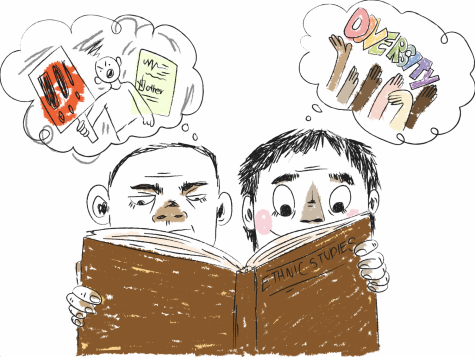

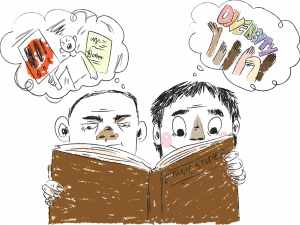


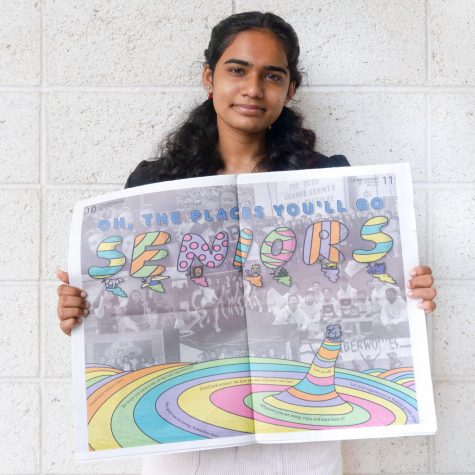
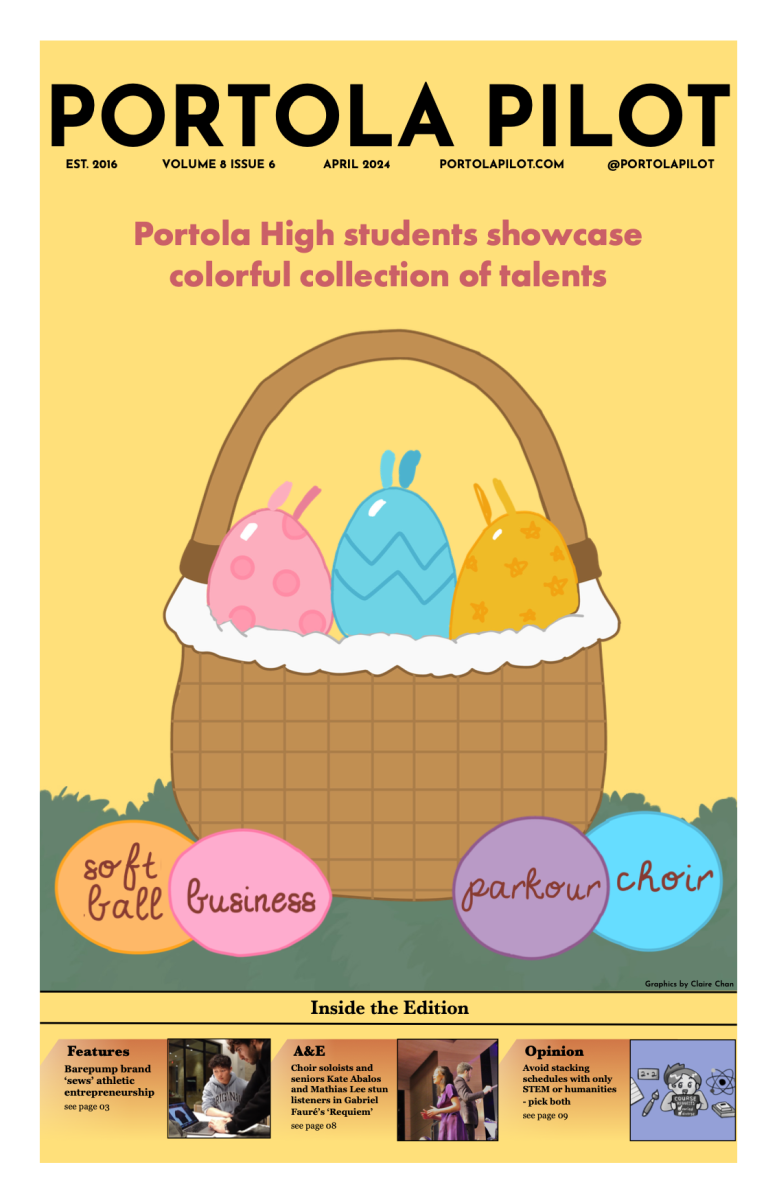

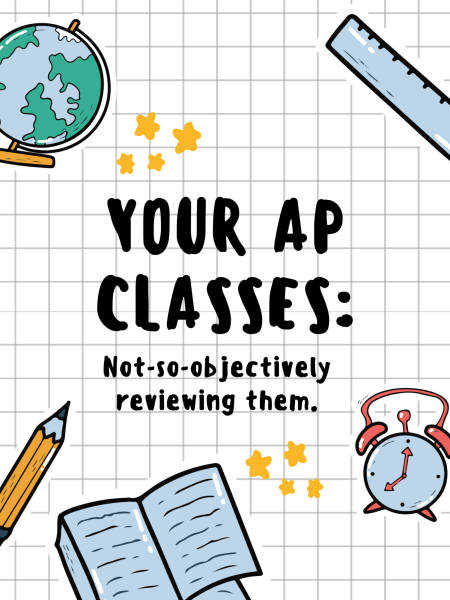
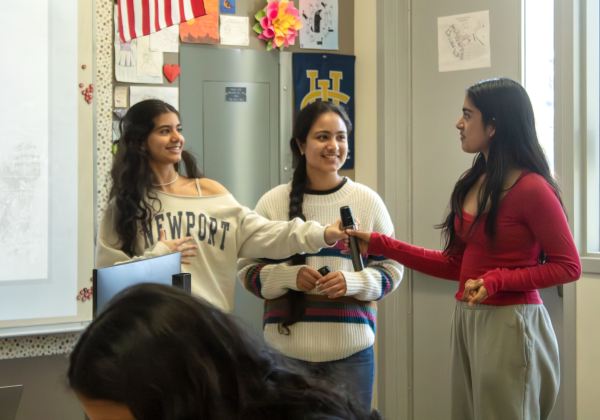
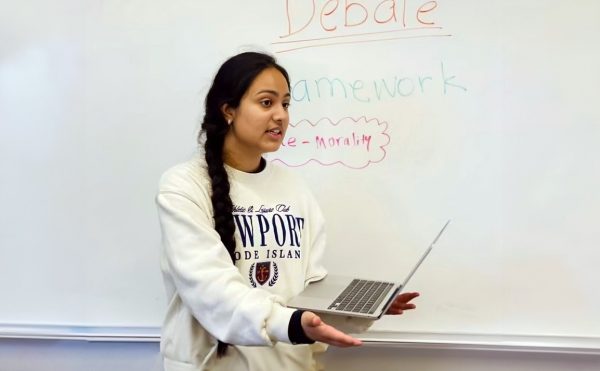

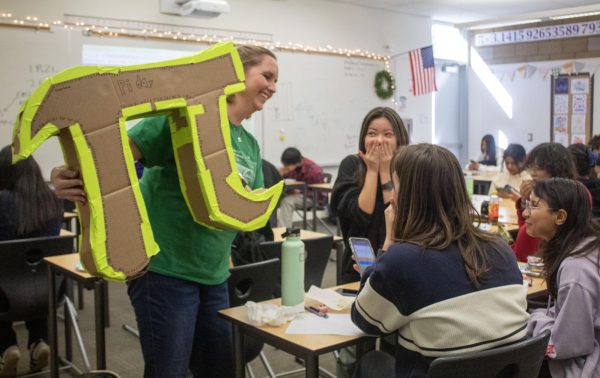

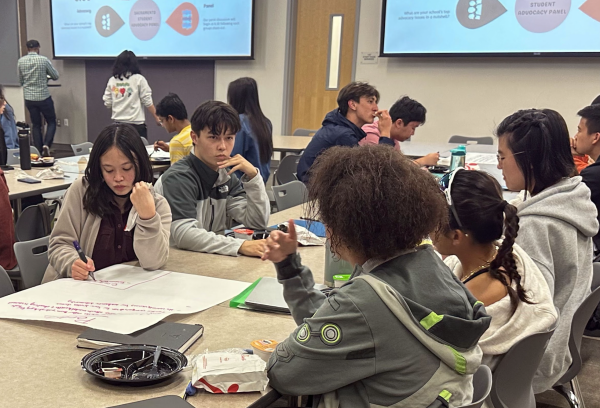
![Junior Joanna Peng utilizes a MacBook and iPad after school to work on assignments. One of Peng’s most used products is her iPad due to its versatility. Peng uses it as a computer using a magic keyboard and also uses it to draw and make calls. “Ive bought iPads since the first generation when it came out, [I’ve bought the] minis, and then I crashed [the iPad 3] under my table,” Peng said. “Its something that I continue to buy and continue to use most often in my life.”](https://portolapilot.com/wp-content/uploads/2024/02/IMG_5259-600x450.jpeg)

